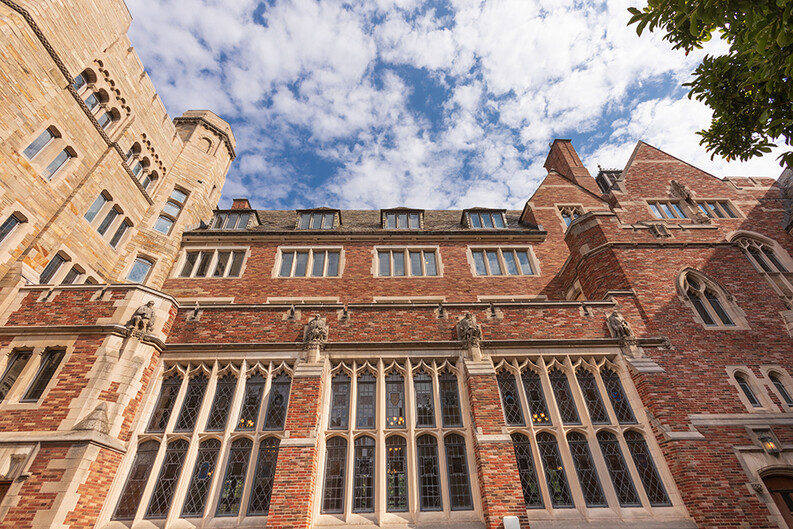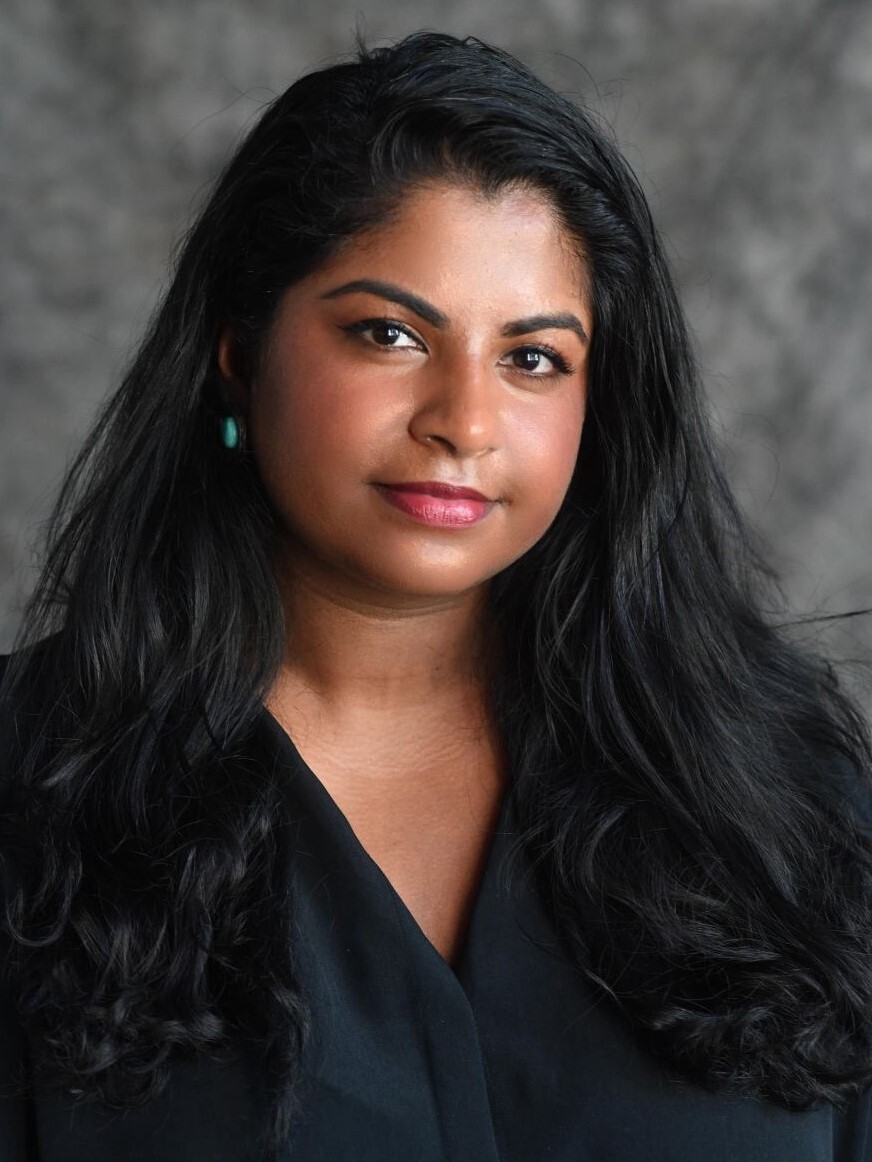MFIA Alum Spotlight: Meenakshi Krishnan ’18

Like many students, Meenakshi Krishnan ’18 joined the Media Freedom and Information Access Clinic (MFIA) with a background in student journalism and a deep interest in the media. Her first exposure to issues around speech and free expression came when she served as the editor-in-chief of the Old Gold and Black, the student newspaper at her undergrad alma mater, Wake Forest University.
At the University of Cambridge, where she pursued a master’s degree in international relations, Krishnan’s thesis was on the role of the media in post-dictatorship transitions in Chile and Argentina in the 1980s and 90s. Spending long hours researching in the British Library archives, she realised just how foundational a free press and an unfettered public sphere are to democracy.
The area that interested her most, Krishnan realized, was where media intersected with law. Yale Law School’s MFIA clinic — at the time one of the few spaces in the country that offered hands-on experience with issues around free expression — seemed like the perfect place to develop the skills to practice media law. Krishnan enrolled at Yale Law School and, in an unusual step for a first-year student, joined MFIA. She continued to participate in the clinic every year, ending her student career as a MFIA student director.

It was at MFIA that Krishnan had her first practical legal experience. The first case she worked on at the clinic challenged a law that concealed the disciplinary records of New York state police and correctional officers from the public.
“I think the case really made concrete for me what I had known in the abstract,” Krishnan said. “It was a visceral example of how having this record be public could have prevented what was an incredibly abusive case.”
MFIA eventually won and the law was repealed in 2020.
Her time at MFIA marked other milestones. In 2017 before the Connecticut Freedom of Information Commission in Hartford, Krishnan got to cross-examine a witness for the first time in her life. She described as “an incredible experience to get while you’re still in law school.”
In 2018, MFIA took on a case to gain access to the opinions of the Foreign Intelligence Surveillance Court. Krishnan worked to prepare a brief arguing for the plaintiff’s standing in bringing the case, a battle that MFIA eventually won, enabling them to bring the case to the Supreme Court. Last year, the case came full circle when Krishnan wrote an amicus brief for the Brennan Center in support of MFIA’s case. Her work on the case formed the subject of a 2021 Yale Law Journal Forum article.
Reflecting on her time at the clinic, Krishnan said, “I have no doubt in my mind that I would not have had the career I have today without MFIA.”
After gaining her J.D., Krishnan clerked for Judge James A. Wynn, Jr. of the 4th Circuit Court of Appeals. This was followed by a fellowship at the Knight First Amendment Institute at Columbia University. There, Krishnan worked on several cases, including challenging former President Donald Trump’s social media blocking practices.
In November 2020, Krishnan began her current position as an Associate at the media and First Amendment practice at Davis Wright Tremaine LLP. In this capacity, she counsels and defends journalists, media companies, and nonprofits in a wide range of content-related matters, including First Amendment, defamation, Freedom of Information Act, copyright, and reporters’ shield law issues. She also provides pre-publication review for media and nonprofit clients, including The Markup, The Atlantic, The New York Post, and Vice, as well as for podcasts and television shows.
In her day-to-day practice, Krishnan puts to use many of the skills developed at MFIA.
Recently, she has worked to defend ABC against a defamation case filed by Nicholas Sandmann over its reporting about the 2019 viral video he appeared in as a high school student. ABC and other media defendants recently won in summary judgement, and Krishnan is now working on the appeal.
Krishnan’s work has also supported groundbreaking reporting on the Trump administration’s family separation program. Working on behalf of investigative journalist Caitlin Dickerson, Krishnan was part of a team that secured the release of several unredacted public records about the program, primarily from Customs and Border Protection. These records formed the basis of Dickerson’s Atlantic cover story that exposed the program.
Krishnan is vocal about the importance of using the First Amendment to advance the rights of underrepresented groups.
“Not everyone has an equal voice in the public sphere, the First Amendment must be used to assert rights for actors who don’t yet have the same access to speech,” she said.
The Media Freedom and Information Access Clinic (MFIA) at Yale Law School is a law student clinic dedicated to increasing government transparency, defending the essential work of news gatherers, and protecting freedom of expression by providing pro bono legal services, pursuing impact litigation and developing policy initiatives.


